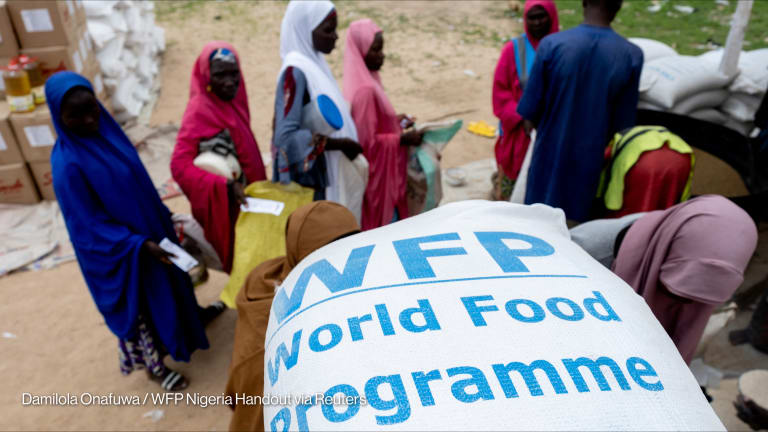The World Food Programme was not as quick to suspend its food aid from Ethiopia amid mass diversion as it should have been, WFP Executive Director Cindy McCain told Devex in an interview.
The United Nations agency was forced to stop its assistance in June after it discovered “widespread” food diversion in a country where 20 million people rely on humanitarian assistance, as Ethiopia recovers from a civil war and experiences a historic drought. Aid workers have told the Associated Press, which first reported the food aid theft, that senior Ethiopian government officials were selling goods on the black market and pocketing the profits.
The bulk of the aid diversion took place in December and January, McCain said, but WFP didn’t discover it until “much later.” She called it “a disaster all the way around.”








